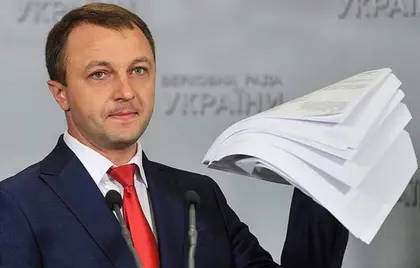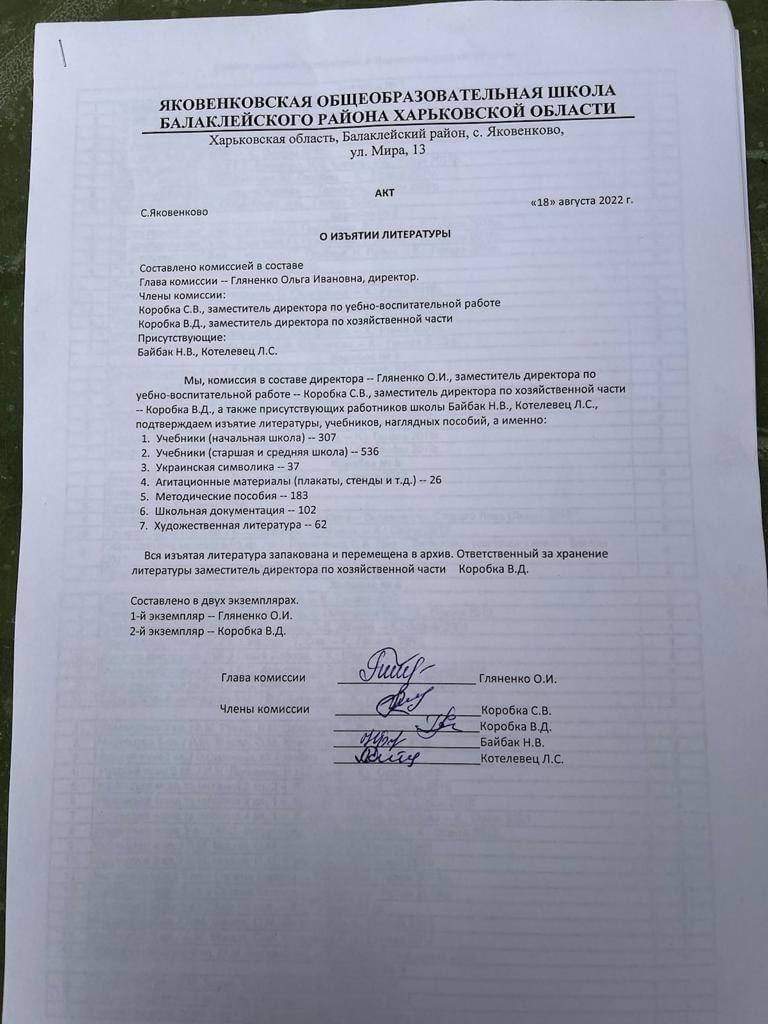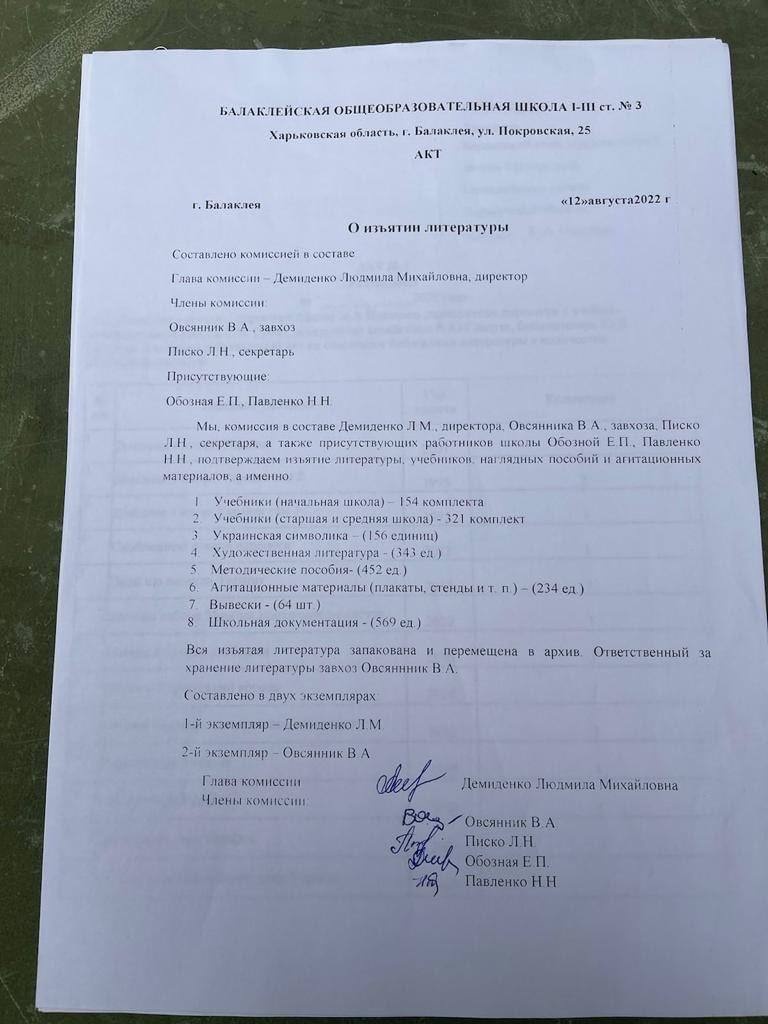For centuries, Moscow’s imperial policy has sought to suppress the Ukrainian language. Since Russia’s invasion of Ukraine in 2014, the occupiers have systematically cancelled the Ukrainian language and culture on occupied territory.
As Ukrainian troops poured into the Kharkiv region this past week, they managed to capture newly arrived teachers from the Russian Federation who had come to teach Russian.
- See the most contemporary Ukraine news reports for today.
- Read the most current Ukraine news stories for today.
JOIN US ON TELEGRAM
Follow our coverage of the war on the @Kyivpost_official.
Now a national debate has begun to decide how to deal with these Russian citizens. Many voices are calling for the same treatment meted out to Ukrainian teachers whom Kyiv claims the Russians have kidnapped throughout the occupied territories.
Speaking on Ukrainian national television, Taras Kremin, the Ombudsman for the Protection of the State Language said, “Russian war criminals in the temporarily occupied territories of Ukraine have begun a process of linguicide, suppressing the Ukrainian language from all spheres of public life.”
Kremin claimed that Russians are seizing or burning books, retraining teaching staff, and imposing school programs in accordance with Russian educational legislation. “They’re already holding so-called ‘peace lessons,’ in which, on September 1, they talked about ‘denazification,’ the fact that Ukraine ‘does not exist,’ and many other Russian narratives. These are crimes against the citizens of Ukraine,” he said.
According to Kremin, the phenomenon of linguicide covers not only education, but also the spheres of culture, television and radio broadcasting. It also includes general information, replacing signs, and print media.

Trump Makes 90 Day Foreign Aid Freeze – Ukraine Military Support Supposedly Untouched
He said that the collected materials will be included in an international lawsuit against the Russian Federation.
Since independence in 1991, Ukraine has been a thoroughly bilingual culture. Russian and Ukrainian are often heard in the same conversation not only on the street, but even on television programs. In fact, throughout most of eastern and southern Ukraine, particularly in the cities, Russian has been the dominant language.
Over the past three decades, however, various governments in Kyiv have tried to nudge the pendulum the other way and give the Ukrainian language preferential treatment. Ukrainization laws were enacted to ensure Ukrainian wouldn’t be overshadowed by the dominance of Russian, achieved over three centuries of systematic russification.
What most foreigners have trouble grasping is the extremely fluid and nuanced linguistic situation – even today. American historian Timothy Snyder, who has written numerous books dealing with recent Ukrainian history, discussed the language issue in an interview with Hromadske International. “A lot of people claim in public that they speak more Ukrainian than they actually do.” What often happens is you hear a mixture of the two, which has developed into a specifically Ukrainian patois known as Surzhyk.
Russians have seized on these Ukrainization laws to claim discrimination against Russian speakers – this despite the fact that on-the-ground observers still note how Russian remains the predominant spoken language in most big cities.
On Aug. 25, at a forum on “Education of the Moscow Region,” Nikita Mikhalkov, one of Russia’s best known film directors, opined on Ukrainian language teaching in the Donbas. “The Ukrainian language has become an image of Russophobia,” Mikhalkov said. “The teaching of subjects in Ukrainian would be a catastrophe. It would absolutely undermine all of history.”
Against the background of such Russian propaganda, notable Ukrainian celebrities, who in the past spoke only in Russian in public (such as footballer Andriy Shevchenko and heavyweight boxing champion Oleksandr Usyk), have now made it a point of pride to speak Ukrainian.
Indeed, Vladimir Putin may have singlehandedly spurred a linguistic revival in Ukraine – through his attempt at linguicide.
You can also highlight the text and press Ctrl + Enter












